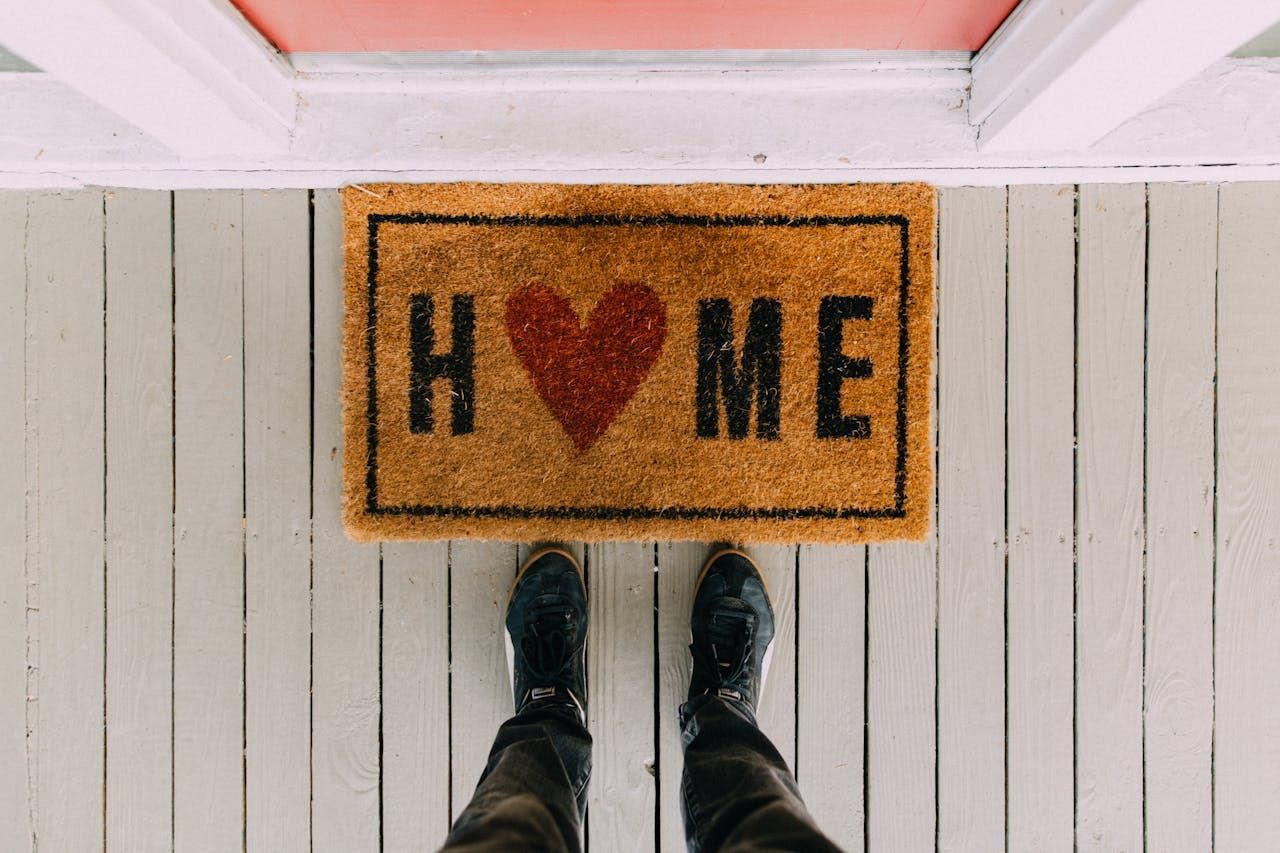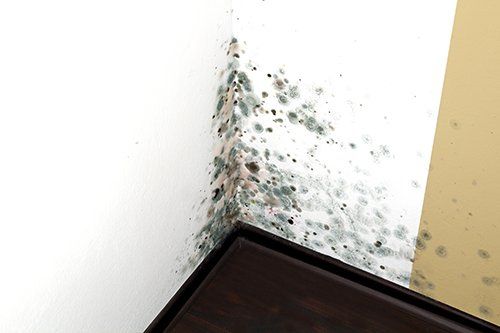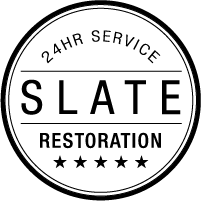What to do about the smell of mold in house

What Triggers the Smell of Mold?
The mold itself does not directly produce the musty fragrance. It's caused by chemical compounds released during the mold's metabolic process. These microbial volatile organic compounds (MVOCs) can range in scent from earthy or meaty to the aroma of damp socks. Understanding these nuances in smell can help identify the specific type of mold present and assess the level of potential health risks associated with it.
Mold thrives in damp settings, creating an environment where MVOCs are produced. Detecting these odors early can be a warning sign that mold is actively growing, prompting the need for immediate attention to prevent further spread and potential health concerns.
How Do I Know What Mold Smells Like?
Identifying the smell of mold can indeed be tricky, as it often blends subtly into the overall scent of your home. Generally, mold emits an unmistakable stale or musty smell, reminiscent of wet cardboard or thick, damp air in an unused basement. It’s an unpleasant scent, persisting even after cleaning and airing out your spaces.
Here are more ideas of what mold can smell like:
- Mildew Smell
- Rotting Wood Smell
- Pungent Smell of Wet socks
- Fermented Alcohol Smell: this could be sour or a sweet smell depending on the type of mold.
If noticing a mold smell in your home becomes a regular occurrence, it's likely a sign that you have a mold problem. Trust your intuition – if something smells off, it probably is. Taking prompt action can significantly contribute to not only preserving the integrity of your home but also safeguarding the health of its inhabitants.
Health Effects of Mold Growth
Exposure to mold spores, as well as mold itself, can result in various health issues, particularly for those with mold sensitivities or respiratory conditions like asthma. Symptoms may include headaches, dizziness, fatigue, nasal irritation, irritated eyes, and various allergic reactions. Prolonged exposure could lead to more severe health problems.
Mold spores, though invisible and often unnoticed, affect the air quality and can have a significant impact on your health, especially if you have sensitivities or pre-existing conditions. Understanding that your living environment could be contributing to these feelings is the first step towards identifying the problem and seeking a solution. Keeping indoor mold levels to a minimum is essential for your overall health and well-being.

Detecting and Eliminating Mold
Discovering mold in your home can feel overwhelming, but it's a situation that can be managed with a methodical approach. The first step in tackling this issue is detecting the source of mold growth. If you don't know where to start, try going from room to room to see if you can identify where mold smell is strongest.
What causes mold?
Mold or mildew thrives in moist environments where it has a steady source of organic material to consume. Common causes of mold in homes include:
- Leaking pipes which create a damp environment conducive to mold growth.
- Leaking roofs which can cause water to seep into walls, floors, and other surfaces.
- Wet or damp materials. Wet clothes left in the washing machine or a pile of damp towels on the bathroom floor
- Poor ventilation, especially in areas like bathrooms and kitchens, can lead to excess humidity and condensation.
- Flooding or water damage that wasn't thoroughly dried out. Mold can start to grow within 24 to 48 hours under the right conditions.
- High humidity levels in general can encourage mold to develop. This is why dehumidifiers can be an effective tool in preventing mold growth.
Where does mold grow?
Mold grows in high moisture areas like bathrooms, basements, and near leaks in roofs, windows, or pipes. The moisture is what allows mold to form and spread. Drywall decay, discoloration on walls, wet carpet, and excessive condensation on windows are telltale signs that mold could be lurking nearby.
If you do see these signs, you may need to do some work to expose the mold. For example, if you notice drywall that looks like it could be damaged by water, you may have to cut away samples of it to reveal the presence of mold on the backside.
Be sure to conduct a thorough mold inspection of all areas smelling of mold odor as it may be growing in multiple places.
What if I smell mold but can't find it?
Finding the scent of mold without obvious visual cues can be distressing, but it's a common situation for many homeowners. This usually indicates that the mold is hidden—perhaps behind walls, under carpets, or in other concealed areas. At this point, it's usually a good idea to call in a professional mold remediation service.
Here at Slate Restoration, we have the tools and experience to locate hidden mold, assess the extent of its growth, and properly apply the most effective solutions for removal and prevention. Rest assured that we will repair any affected materials and eliminate any unpleasant odors from your home.
Can I get rid of mold myself?
Once you've identified a potential mold problem, it's essential to address both the mold itself and its underlying cause. Small mold patches can often be cleaned with household products such as vinegar or baking soda. However, for larger infestations or if mold is in your home's HVAC system, professional mold remediation may be necessary.
Addressing mold effectively means going beyond simply removing visible growth; it's crucial to identify and resolve the underlying issues that allowed the mold to thrive in the first place. Often, this involves rectifying moisture issues within your home, such as fixing leaks, improving ventilation, or controlling humidity levels. Without addressing these root causes, mold is likely to recur, posing continuous potential health risks and damage to your home.
Slate Restoration specializes in not only removing mold from all surfaces, but also dehumidifying your home and fixing any moisture leaks to prevent mold growing again in your home.
Does getting rid of the mold also get rid of the mold smell?
Eliminating mold from your home properly results in the disappearance of the unpleasant smell. The mold odor associated with mold comes from the metabolic processes of the mold spores themselves. Therefore, when mold is thoroughly removed, and the area is properly cleaned and dehumidified, the air quality improves, and the distinctive mold smell dissipates.
Conclusion: Should You Be Worried About Mold?
While the presence of a mold smell in your home can be a concerning discovery, it's important to remember that with the right approach, it is a manageable issue. Mold is a common challenge in many households, so you are not alone in facing this. The key is not to panic but to act swiftly and thoughtfully to address both the mold growth and its underlying causes.
At Slate Restoration, we understand that dealing with mold can feel daunting, and we're here to provide not just our expertise but any other support you need during this process. We've helped countless homeowners regain their sense of safety and comfort in their homes, and we're committed to doing the same for you. Remember, identifying and resolving a mold issue is not just about protecting your property; it's about ensuring the health and well-being of you and your loved ones.
Addressing a moldy odor in your home feels like taking a breath of fresh air. It's a smart way to protect your health and keep your space feeling cozy and clean. With professional mold remediation, you can overcome this challenge and enjoy a safer, healthier home.
